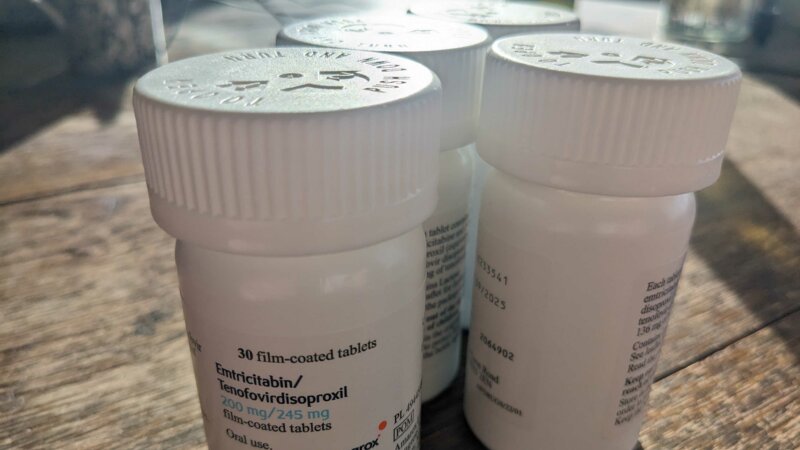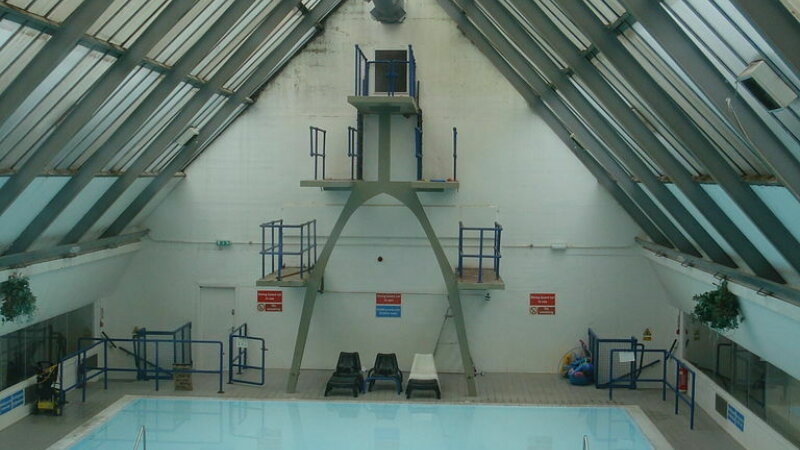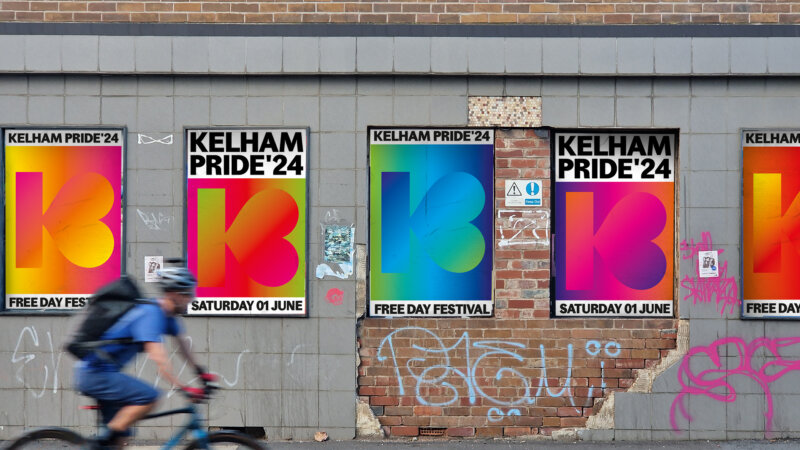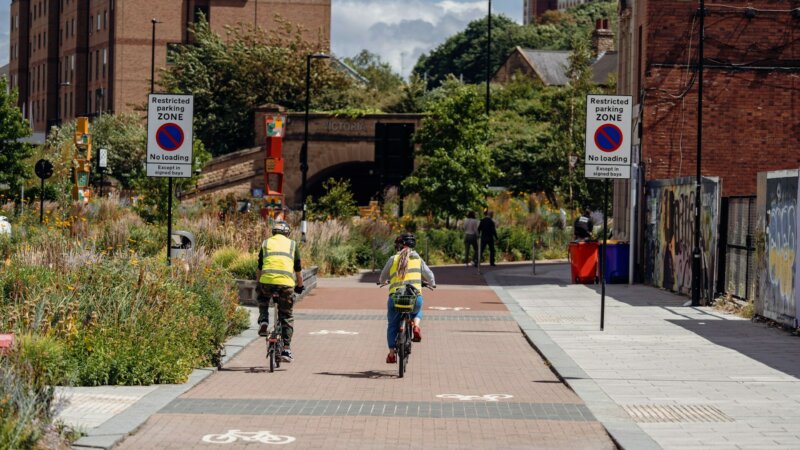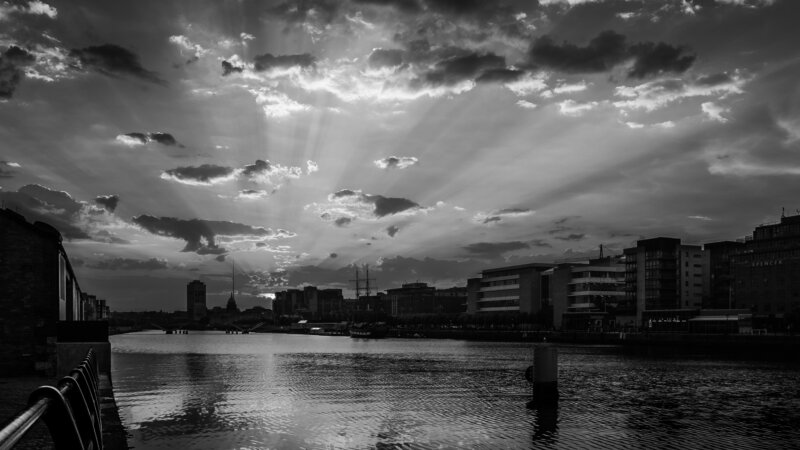I went to Calais and witnessed our government's cruel approach to immigration policy first hand
If our shared political priority is to stop deaths in the Channel we must create safe and legal routes, writes Sheffield Hallam MP Olivia Blake.
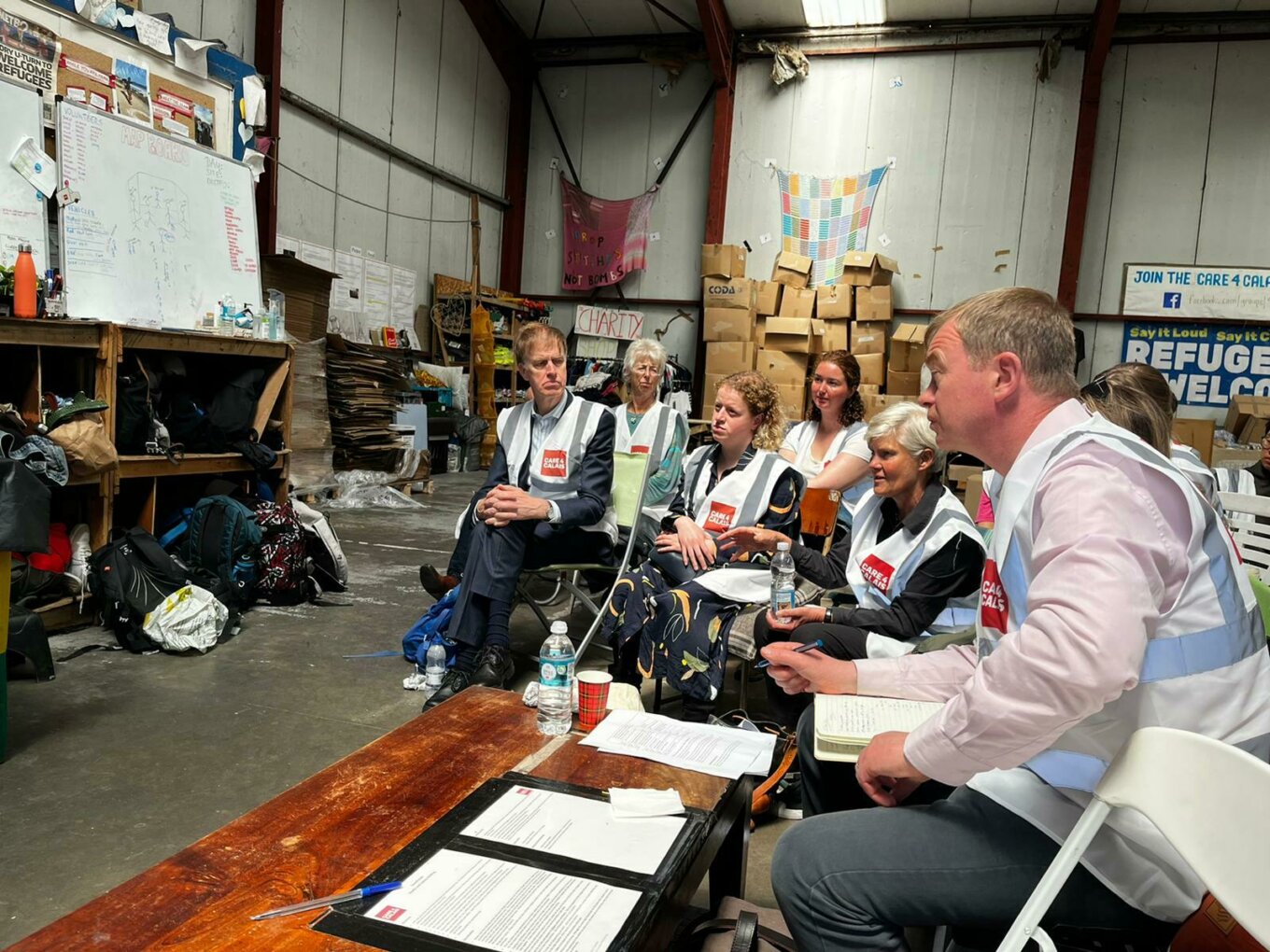
Sheffield Hallam MP Olivia Blake with fellow MPs in Calais.
Olivia Blake MP.The Thursday before last, I visited refugees in Calais as part of a delegation organised by the All Party Parliamentary Group (APPG) on Migration. I have joined the APPG as one of its co-chairs because I believe that we must work together with those across Parliament who wish to challenge the government’s cruel, inhumane approach to immigration policy.
Refugees in Calais have once again returned to the forefront of the UK’s public consciousness as the government is using Channel crossings to justify its cruel Rwanda deal. As the first Rwanda flight was scheduled for this week, I felt it was important to meet and amplify the voices of the young people whose lives will be impacted by this policy, and those working on the ground with them.
We joined a group of volunteers from Care 4 Calais, the organisation that hosted us, in the field for one of their regular afternoons of tea and games on the outskirts of Calais. Since the demolition of ‘the jungle’, refugees do not live in a permanent settlement. Instead, in what some volunteers have described to me as ‘the politics of exhaustion’, their tents and belongings are regularly destroyed by local police.
As a result, refugees are moved on every 24 to 48 hours. These circumstances make it impossible to settle into something approaching even minimal comfort, however little of this is possible in their circumstances in the first place. The local authorities have even started to restrict charities’ ability to hand out food in some sections of the town, pushing the refugees further into the margins.
The time spent chatting and playing games with the refugees felt very emotional. I was shocked by the lack of care and support shown to these young people by both the UK and the French government. Many of those I spoke to left their home when they were young teenagers, and have been on their dangerous journey for years. Many are survivors of abuse and torture. One man had to witness dozens of people drown in the Mediterranean. Some were imprisoned in Libya where refugees are at risk of becoming enslaved. Many found it difficult to talk about their experience in Libya, just managing to tell me they were beaten badly. Those who make it to Europe often first land in Italy or Malta, where they can be unlawfully detained. This is why some eventually move on from these countries to seek safety elsewhere. But because of the Dublin agreement, if they claim asylum elsewhere, they might just be pushed back to these so-called ‘first safe countries’. This results in a situation where refugees are being pushed back-and-forth between countries in which they should theoretically be safe, but practically feel anything but. We cannot even begin to imagine the toll this constant uncertainty has on someone’s mental health.
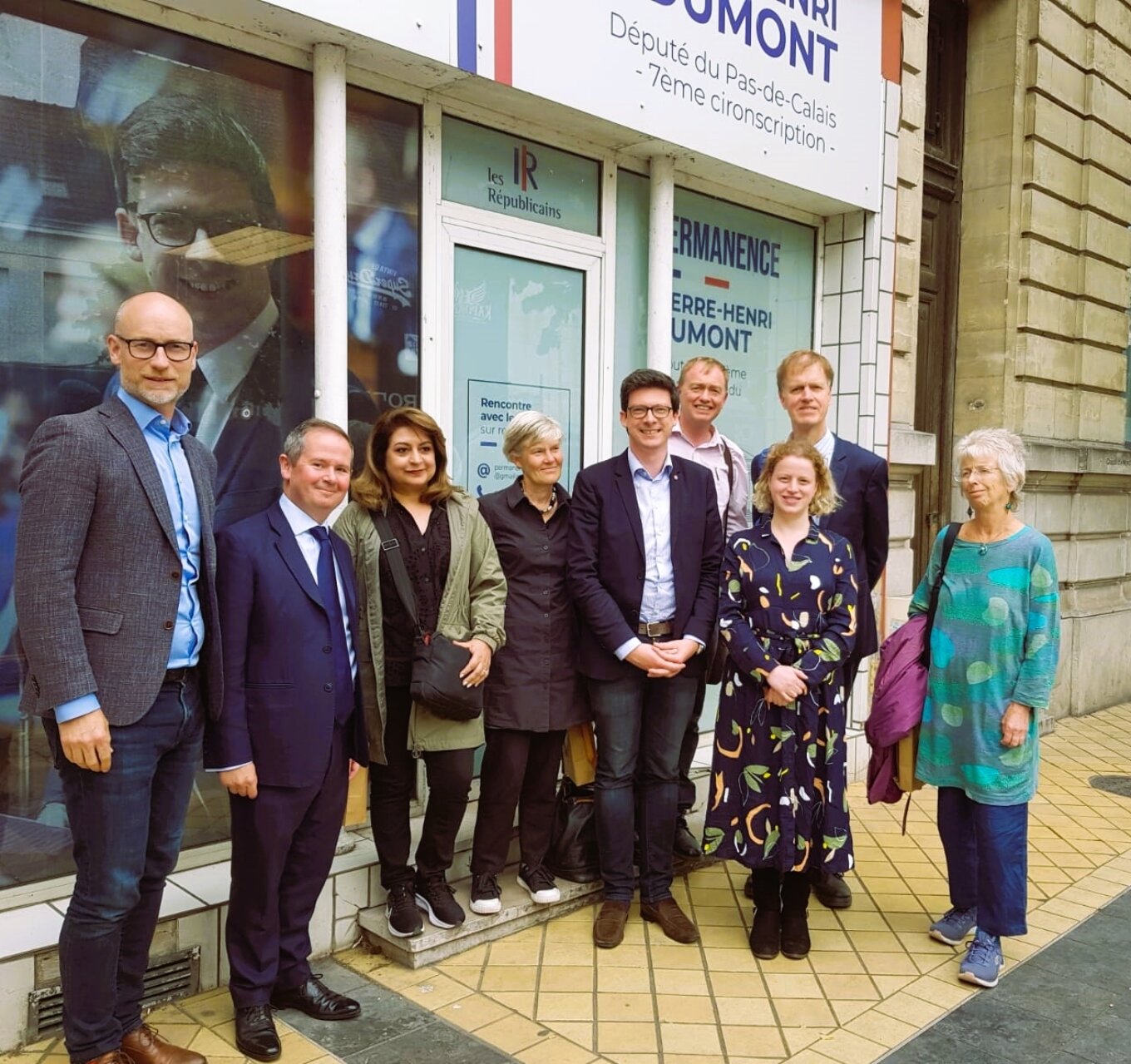
One would hope that refugees who have been through so much would be met with understanding and care by the authorities. But sadly this is largely not the case. That’s why it is so important that organisations like Care 4 Calais are providing not just material support, but also friendship in otherwise hostile environments. From the outside, it might look like they are ‘just’ playing a game of chess or football. But in a world where these young men have been dehumanised to such an extent that their deaths have become acceptable collateral damage for our policymakers, it can make a huge difference. These small acts of solidarity can be among the most powerful things we can actively do in the face of state violence.
I asked everyone I spoke to: "why do you want to come to the UK?" The majority said they have family members here, have English as their second language and think the UK is a fair country.
We heard from NGOs on the ground that up to 25% of asylum seekers are under 18 and often unaccompanied, but that the Nationalities and Borders Act has made it exceedingly difficult to reunite families and more are risking their lives to reach the UK as a result.
Because there is this impression of the UK being a fair place, they hoped to find better treatment here than what they have experienced throughout Europe. However when the news of the Rwanda plan reached the camps, they quickly realised that safety is once again not guaranteed if they reach the UK. Since the Nationality and Borders Act became law, crossing the Channel will make them second-class refugees with no route to permanent settlement.
They will also become eligible for deportation to Rwanda because they will have arrived ‘unlawfully’ – even though according to the Refugee Convention, no refugee should be criminalised for their method of entry to a country.
The government argues that the Rwanda plan will act as a deterrent to those in Calais, but this is also untrue. Those I spoke to have repeatedly risked their lives to get to this point and they have already lost so much. There is no way back for them, because their home countries are unsafe. They will try to cross this last hurdle, too, no matter the risk. They simply have no other choice. There are no safe and legal routes.
The Rwanda plan clearly is not going to work, but even if it did, it does not change a fundamental principle: that deporting people seeking refuge against their will is wrong.
We must look for solutions beyond the cruel hostile environment. Its clear years of deterrent policies has failed to save lives. If our shared political priority is to stop deaths in the Channel, we must create safe and legal routes.



